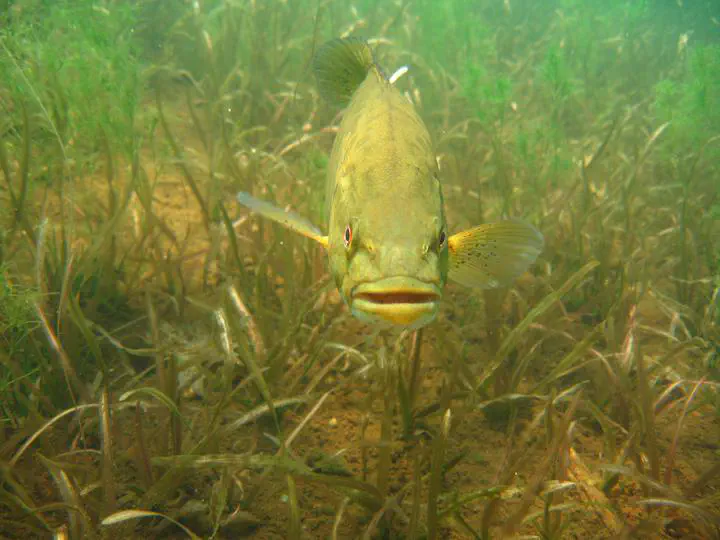Postdoc Opportunity

We are currently seeking a postdoc to join a project to understand fish-plant relationships in lakes.
The Center for Limnology (CFL) at the University of Wisconsin-Madison and the University of Wisconsin Water Resources Institute is seeking a postdoctoral research associate to participate in a Midwest Glacial Lakes Partnership-funded project to explore the importance of aquatic vegetation as habitat for fish in north-temperate lakes. This project will develop new habitat management strategies for the conservation of aquatic ecosystems across the Upper Midwest US. The candidate will be based at the CFL and be supervised by Dr. Zach Feiner (CFL) and Dr. Heidi Rantala (Minnesota Department of Natural Resources), joining a broad team of collaborators at the CFL, Michigan State University, University of Minnesota, Wisconsin and Minnesota Departments of Natural Resources, and other local stakeholders.
Successful candidates will leverage extensive ecological datasets to investigate macrophyte communities, including (1) modeling relationships between macrophyte communities and fisheries characteristics in lakes, (2) assessing fishery responses to changes in macrophyte habitats, and (3) developing tools to identify and prioritize habitat management strategies. This postdoc will also have the opportunity to interface with local resource managers, lake associations, and researchers with the Midwest Glacial Lakes Partnership, and create publicly available outreach and data visualization platforms (i.e., R shiny apps, online modules). Application Instructions: For questions or to apply, submit a cover letter, CV, and contact information for three references to Dr. Zach Feiner (zsfeiner@wisc.edu). Application review starts 4/30/2024.
Photo: A bass among the plants. Credit: Ali Mikulyuk.